US sanctions wall collapsing, but Iran’s economy not
Aiming to cut Iran’s sales to zero, Washington in May 2019 ended sanctions waivers for importers of Iranian oil. Tehran reacted with typical defiance, saying it would find ways to sell its oil.
Fifteen months on, Iranian officials appear right on the mark, while US authorities’ goal of drying up Iran’s oil revenues and the mainstream media’s harping on the hype proves all hot air.
On Tuesday, NBC News cited data from online service TankerTrackers.com showing that Iran is exporting a lot more crude oil than US figures suggest.
According to the data, Iran is exporting as much as 600,000 barrels per day (bpd) of crude oil – thrice more than an estimate of 227,000 bpd made in a US congressional report.
The US government has resorted to threats and intimidation against anyone venturing into oil trade with the Islamic Republic. US authorities have said they were tracking ship-to-ship transfers and working with other governments to ensure that Iranian oil was kept out of the market.
However, Iran is coming up with more innovative techniques in wiggling its way around the draconian American sanctions, NBC News said.
Iran’s Foreign Minister Mohammad Javad Zarif is on record saying his country will do everything it can to keep oil sales going.
"We will sell our oil. It’s a national secret to whom and how we sell it otherwise the US would stop it,” Zarif told CNN’s Farid Zakaria in July 2019.
“We will sell our oil, one way or the other. The United States will not be able to prevent that,” Zarif separately told Russian broadcaster RT.
Officials, meanwhile, have warned that if Iran cannot sell its oil, no other regional country will be allowed to do so either, suggesting it would close the Strait of Hormuz which is the world's most important oil transit chokepoint.
“America should know that we are selling our oil and will continue to sell our oil and they are not able to stop our oil exports,” President Hassan Rouhani said in a televised speech in December 2018.
“If one day they want to prevent the export of Iran’s oil, then no oil will be exported from the Persian Gulf,” he added.
Iranian officials have said the country is in an economic war with the United States which has forced international payment networks to cut off the Islamic Republic, making trade all but impossible.
Blessing in disguise
On the upside, the sanctions have helped Iran experiment life with little dependence on oil and diversify its sources of income.
Head of Iran’s Plan and Budget Organization Mohammad Baqer Nobakht has said the fiscal budget for the Iranian year of 1399 which began on March 21 is the least dependent on oil.
“Today we are experiencing an oil-free economy,” Hossein Modarres Khiabani on Wednesday told Iran’s parliament where he was but failed to receive a vote of confidence as minister of industry, mine and trade.
Iran’s efforts to cut reliance on the oil incomes began long before the US administration announced plans in 2018 to drive the Islamic Republic’s oil exports down to zero.
The US ratcheted up pressure on Iran after withdrawing from the 2015 nuclear deal, known as the Joint Comprehensive Plan of Action (JCPOA).
Since 2017, the Trump administration has placed layers after layers of tough sanctions on Iran in an effort to deprive the country of financial resources.
Secretary of State Mike Pompeo once said the administration's strategy of "maximum pressure" aimed to cut off 80 percent of Iran's oil revenues as he gloated over President Rouhani’s announcement that the sanctions had denied Iran $200 billion in lost foreign income and investment.
However, US officials have little to rejoice as time goes by. Far from collapsing as American leaders had predicted, Iran’s economy keeps humming and is getting back on its feet.
"I think the predictions of a quick economic collapse were too optimistic," according to Djavad Salehi-Isfahani, an economics professor at Virginia Tech specializing in the Iranian economy.
Despite the Trump administration's most aggressive sanctions, there is "a misunderstanding of the level of complexity of Iran's economy and how good they are or how experienced they are with resisting sanctions," he has told non-profit media organization NPR.
Iran's diverse economy
The Iranian economy is very diverse, with manufacturing being a key driver and one of the most important areas, which accounts for about one-fifth of overall employment.
It includes automobiles, metals and plastics. Iran is the Middle East’s biggest automaker and the auto industry in the country of some 85 million keeps more than 60 other industries moving.
Its petrochemical plants have capacity to make about 65 million tonnes of products a year, of which about 22.5 million tonnes is exported. The metals sector also includes a vast grouping of facilities, which generate billions of dollars in steel, aluminum, copper and iron industries.
While the US sanctions make it difficult to access goods needed to make products and find customers, Iranian businesses can stay afloat by tapping the domestic and regional markets and using informal payment systems that do not rely on banks for trade.
Iran has already forged well-integrated relations with regional partners, through which it can barter, trade or use other types of arrangements to maintain economic activity.
"The Iranians really do have alternative industries to fall back on and a significant domestic capacity, as well as the ability to leverage their relationships with several of their neighboring states to try to muddle through economic adversity," Suzanne Maloney, an Iran specialist at the Brookings Institution, told NPR.
"Countries like Iraq and Afghanistan, some of the Central Asian republics and, of course, Syria, elsewhere across the region — it does have a reach that goes beyond that of the US Treasury Department."
Domestic producers are the top beneficiaries of the sanctions, because less imported goods have helped spur domestic production and that, in turn, has helped create more employment for Iranians.
Last year, leading American magazine The Atlantic summed up in a headline, “Why Trump’s Sanctions on Iran Aren’t Working.”
“They know how to get around sanctions and keep state and society afloat,” the publication said of the Iranians.
Pro-military Israeli journalist detained on suspicion of raping child: Reports
Anthropic resists US War Department push for unrestricted AI access
Iran naval unit returns from drill, cmdr. vows to defend borders to ‘last breath’
VIDEO | Press TV's news headlines
Paris silencing pro-Palestine voices
Iran raises alarm at ‘environmental consequences’ of US militarism
Iran: UN Security Council inaction on Israeli crimes ‘catastrophic’
Report: US intel debunks Trump's claim of Iran working on ICBMs


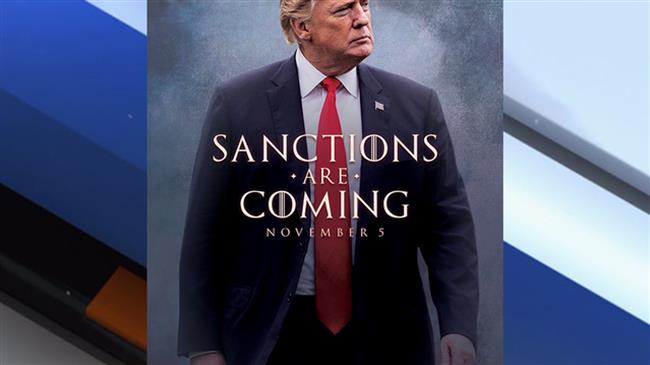


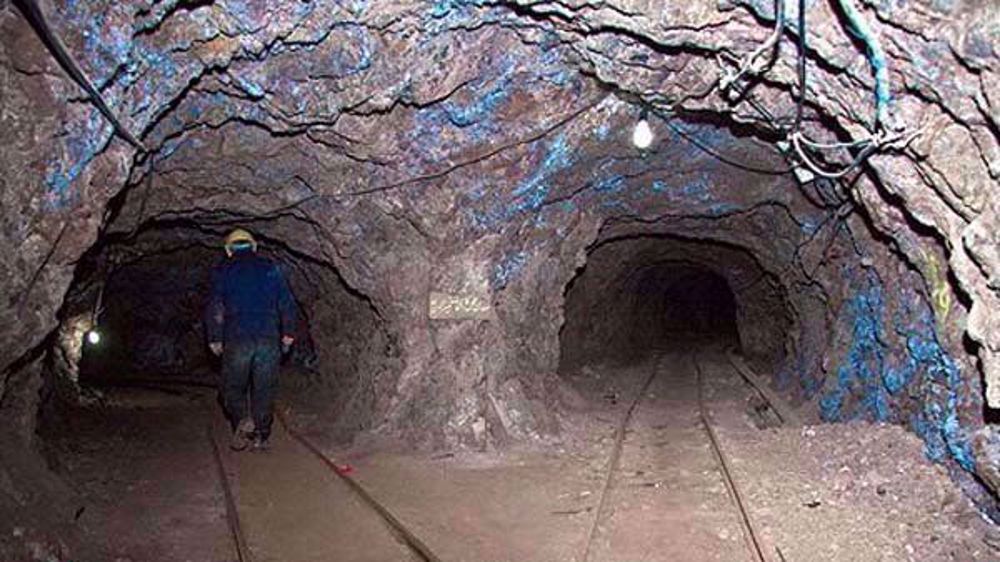
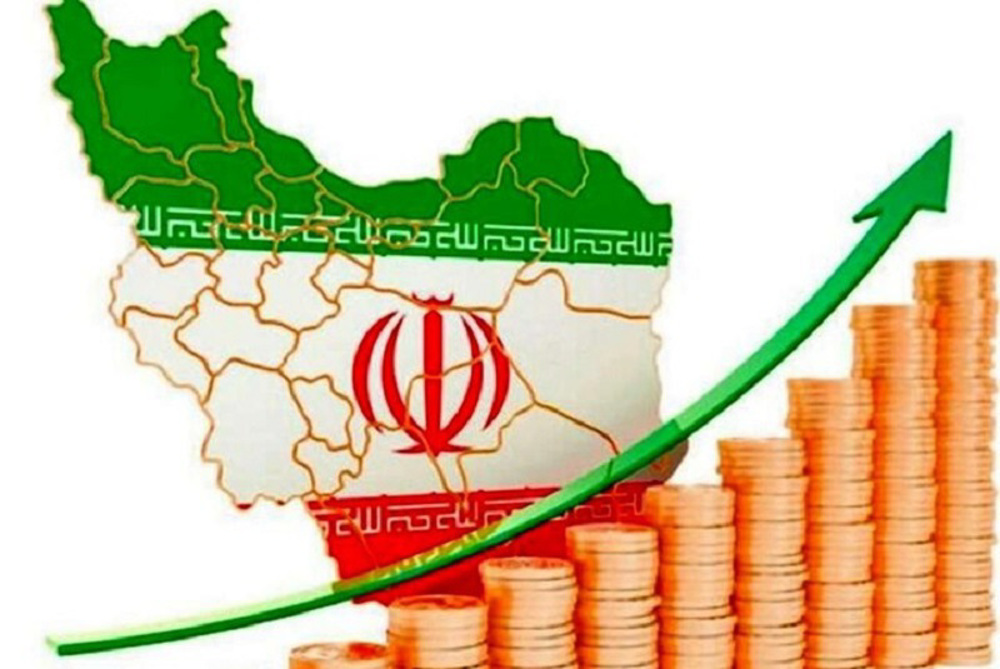
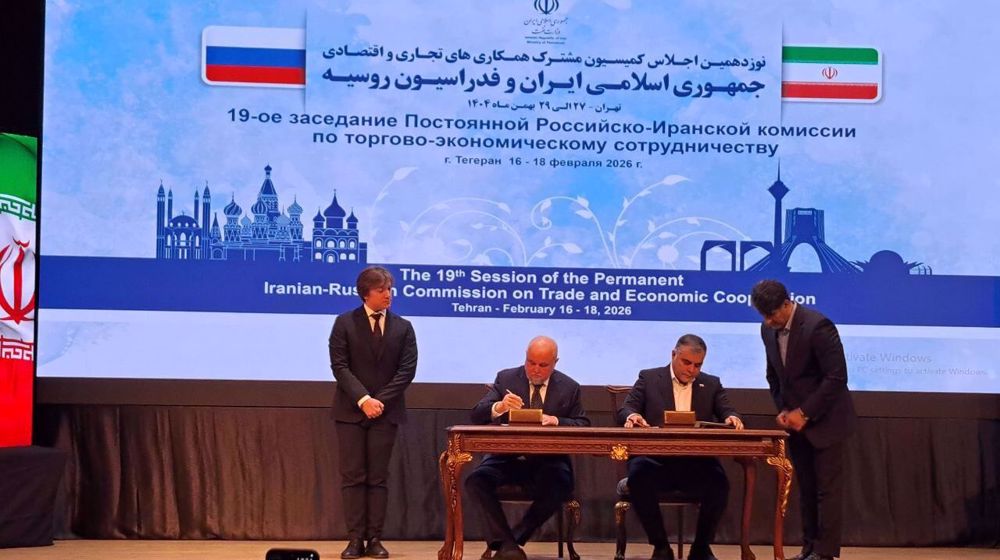



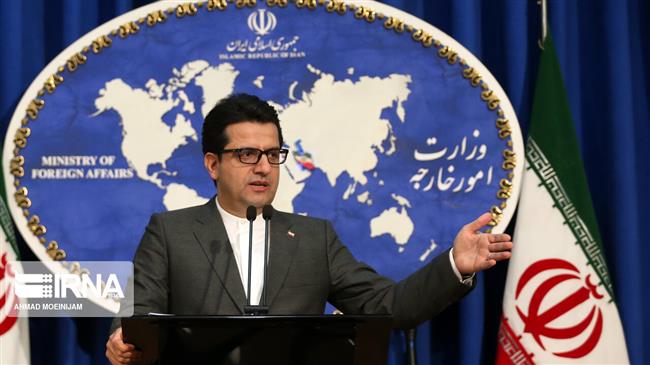
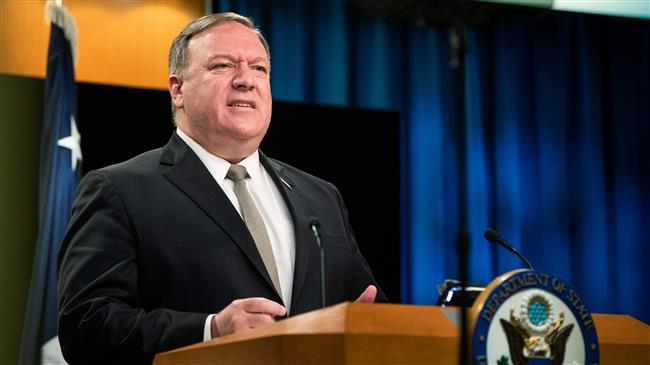
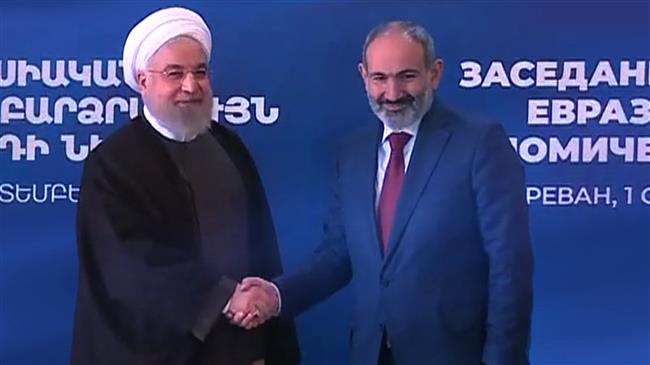
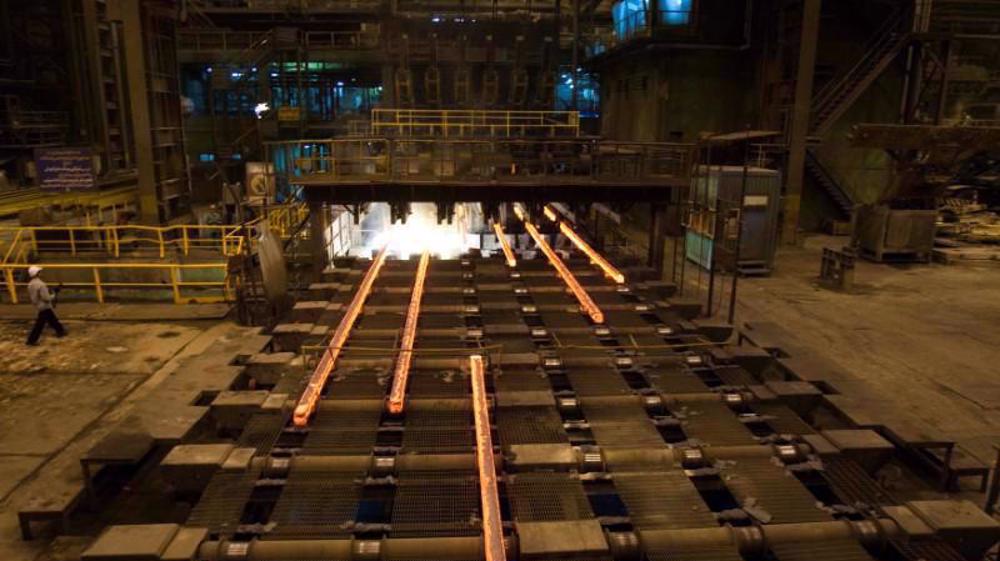

 This makes it easy to access the Press TV website
This makes it easy to access the Press TV website